Assessments, whether on paper or electronic, are inextricably linked to your assisted living community’s financial performance and health. Here are the 3 costliest mistakes we see companies and communities make with respect to their assessments:
1. No assessment or expired assessment.
Communities are losing money when assessments are overdue or not done at all. Best practice is to perform an assessment 30 days after a resident is admitted (to confirm an accurate level of care is being billed) and to do change of condition assessments within 24 hours of injuries or hospitalization (to catch even short term needs for additional care) in addition to the normal quarterly, six month, or annual assessment.
Also, keep an eye out for completed assessments that are unsigned or unapproved by family. Since your staff is most likely already delivering the new level of care, significant sums of money can be held up on family approval and signatures that remain outstanding for an extended period of time.
2. Lack of uniformity.
Companies can lose out on significant revenue and have difficulty planning budgets when an assessment is subjective and malleable. An assessment should reinforce a consistent experience across states lines, across communities, and across even individual residents. While prices must vary between states, the triggers for care costs should be consistent (i.e. whether reminders for showers or occasional ambulation assistance incurs points or charges) and only overridden with approval. This uniformity ensures the communities are invoicing for the care that uses the most staff time.
3. Mismatch between the assessment and actual delivered care.
Assisted Living communities are being forced at a rapid rate to support higher levels of acuity including behavior problems, complex medication regimes, and feeding tubes. Assessments, however, are typically not evolving as quickly to keep pace which leads to problems capturing the resident’s true level of care. To combat this issue, make sure your assessment covers all aspects of the care your staff is already delivering. Are your staff members giving one hour showers or cutting up food for residents? Make sure your assessment accounts for these scenarios.
Thanks for reading! If you’re interested in learning more about the ALIS (pronounced “Alice”) electronic assessment tool (which can help address all issues identified in this article), visit us at www.go-alis.com or email us sales@medtelligent.com.


